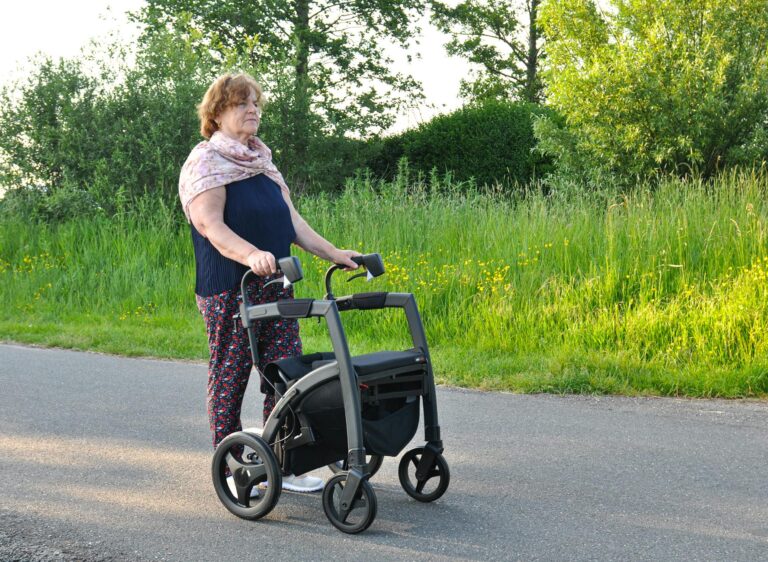Alzheimer’s disease is a progressive brain disorder that affects millions of people worldwide. It is the most common cause of dementia and currently has no cure. This disease primarily affects memory, thinking, and behavior, and as it progresses, it can make simple tasks such as going to the bathroom incredibly challenging for those who have it.
As the disease progresses, it damages the parts of the brain responsible for controlling bodily functions, including bladder and bowel control. This can lead to incontinence, which is the inability to control one’s bladder or bowel movements. Incontinence affects up to 70% of people with Alzheimer’s disease, and it can be a major source of distress and embarrassment for both the person with Alzheimer’s and their caregivers.
One of the biggest challenges for people with Alzheimer’s disease is their inability to go to the bathroom on their own. Many factors contribute to this difficulty, such as memory loss, disorientation, and loss of physical abilities. Let’s take a closer look at these factors and how they affect a person’s ability to use the bathroom independently.
Memory Loss: One of the early symptoms of Alzheimer’s disease is memory loss. As the disease progresses, short-term memory loss becomes more severe, making it difficult for a person to remember when they last used the bathroom. They may also forget where the bathroom is located or how to get there, leading to confusion and disorientation.
Disorientation: Alzheimer’s disease affects a person’s spatial awareness and orientation, making them forget where they are or how to navigate their surroundings. This can be especially challenging when trying to find the bathroom. The person may not recognize familiar objects or landmarks that would usually guide them to the bathroom. This can cause them to become lost or disoriented in their own home.
Loss of Physical Abilities: Alzheimer’s disease can also cause physical impairments that make it difficult for a person to use the bathroom independently. As the disease progresses, the person may have trouble performing simple tasks such as zipping up their pants, removing their underwear, or wiping themselves after using the bathroom. This can lead to accidents and frustration, as the person is unable to complete these tasks on their own.
These challenges can make it incredibly challenging for a person with Alzheimer’s disease to go to the bathroom on their own. As a result, they may rely on their caregivers for assistance. However, even with assistance, going to the bathroom can be a difficult and sometimes humiliating experience for a person with Alzheimer’s disease.
So, what can be done to help people with Alzheimer’s disease who struggle with using the bathroom independently?
Firstly, caregivers should create a safe and accessible bathroom environment. This includes installing grab bars, non-slip mats, and raised toilet seats to prevent falls and provide support for those with mobility issues. Keeping the bathroom well-lit and uncluttered can also help reduce confusion and disorientation.
Secondly, caregivers should establish a routine for using the bathroom. This can help the person with Alzheimer’s disease remember when they need to use the bathroom and reduce accidents. It’s also essential to remind the person regularly to use the bathroom, especially after meals or before going out.
Thirdly, caregivers can use visual cues to guide the person to the bathroom. Placing signs or pictures of a toilet on the bathroom door can help the person recognize where the bathroom is located. Additionally, placing a picture of a toilet inside the bathroom can serve as a reminder of what it is used for.
Lastly, caregivers should be patient and understanding when assisting a person with Alzheimer’s disease in using the bathroom. It may take longer than usual for them to complete tasks, and accidents may happen. It’s crucial to remain calm and provide reassurance and support during these moments.
In conclusion, people with Alzheimer’s disease face many challenges when it comes to using the bathroom independently. The disease’s effects on memory, orientation, and physical abilities can make this simple task incredibly difficult and frustrating. However, with proper support and accommodations, people with Alzheimer’s can continue to live with dignity and maintain their independence for as long as possible.





